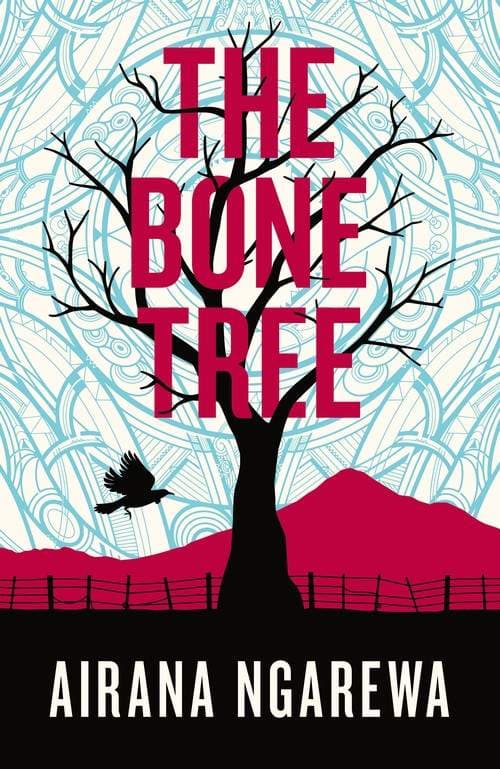Review: The Bone Tree
Reviewed by Jack Remiel Cottrell
The Bone Tree is an exquisitely written book, the story of two boys – Kauri and Black – and the depth of secrets that have been hidden from them their entire lives.
We meet Kauri and Black as feral children – swimming in the river near their home. Neither has ever been to school. Their father is abusive and, as we quickly learn, their mother is dead. Turns out their dad is dying as well, and Kauri has been looking after both his unconscious father and his little brother alone for a couple of weeks.
Kauri’s father grew up in state care, and he’s clearly imparted horrors of the time on his sons, because Kauri is obsessed with not letting any stranger become involved in any of their lives. As uneducated as he is, Kauri knows something is missing and it’s only after his dad finally dies in a chair in front of the telly that he feels able to go looking for that.
There is a line that all writers must walk between spoon-feeding the reader and making them do all the work. Airana Ngarewa certainly doesn’t make this walk easy. If Scout Finch was a child narrator who had an unreasonably thorough grasp on history, Kauri comes across as an adult narrator who doesn’t know the name of the place he was born. (Actually, Kauri doesn’t come across as an adult narrator and discovering halfway through the novel his actual age was jarring.)
It’s an ambitious debut in several regards, especially as a work of literary fiction. One of the defining traits of literary fiction is setting – both in terms of place and of time. Ngarewa eschews these, not pinning down the time beyond ‘somewhere in the 1990s’ – and I can only be that precise because I googled when Oranga Tamariki was called CYPS.
As for place, it is generally understood that Kauri and Black live in the shadow of Mt Taranaki. But ‘The City’ which Kauri ventures to after his father dies is never named either. Because Kauri’s entire point of reference is ‘the wops’ as he calls it, it’s hard for the reader to pick up whether this is an actual city or a small town which Kauri thinks is a city.
I’m not sure if this is supposed to make the story feel timeless and like it could take place anywhere but it’s strange for a literary work to be so adrift. Perhaps the uncertainty of time and place is meant to evoke in the reader the same sense of rootlessness that Kauri feels. But without the words to truly describe his motivations, what Kauri wants is often opaque.
The pacing of the story is slow, allowing us to be taken into Kauri’s world, which feels half a step away from reality. The writing is stunning, which meant the lack of urgency – even as urgent things happened – doesn’t feel too frustrating. As a story it is an impressive exercise in empathy, building an understanding for the characters which come into and exit the orbit around the two main leads.
It’s a story where none of the characters have easily understandable motivations. If you’ve ever yelled at a character – in a book or on TV – not to do the thing that is clearly going to end badly, you might find yourself shouting at The Bone Tree more than once.
All of this, however, doesn’t detract from how good The Bone Tree is to read. Ngarewa’s skill with words is exceptional. If there are points in the book that you don’t know where or when you are, the writing still makes you pleased to be there.
Reviewed by Jack Remiel Cottrell
